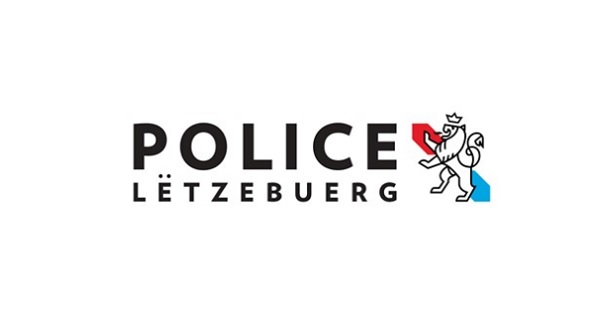
As the year-end approaches, the Grand Ducal Police have recalled the operating methods of the emergency number 113 to raise awareness among the population about its use.
In 2019, the police's free emergency number 113 received around 161,000 calls, which represents an average of 441 calls per day. These calls are processed at the national intervention centre, which operates 24 hours a day, seven days a week and covers the entire national territory.
When someone calls 113, they are directed to a calltaker, who guides the caller through the conversation and asks the necessary questions to be able to assess the situation and react appropriately. With a view to rapid and efficient support, the calltaker asks the following questions in particular: the caller's name and date of birth; a description of the facts; the location of the facts (and of the caller, if his / her location differs from that of the facts); a description of the persons involved, where applicable. During this conversation, the information provided is integrated directly into a computer software for the management and dispatching of police patrols.
The Grand Ducal Police recalled that it is important to answer these questions as precisely, clearly and completely as possible and to not hang up until the calltaker ends the call. The ensuing police reaction depends on the degree of priority / urgency assigned to the incident.
The emergency number should be called in the case of an emergency, danger or threat. The police recommended that members of the public also call 113 when they observe a suspicious person, vehicle or object. For all less urgent procedures or information that does not require immediate police intervention, the police stations and virtual police station are available to the public. Congestion and abuse of an emergency line can lead to criminal prosecution.
More information on the emergency number 113 is available on the police website: police.public.lu/fr/votre-police/appel-urgence-113.html.








